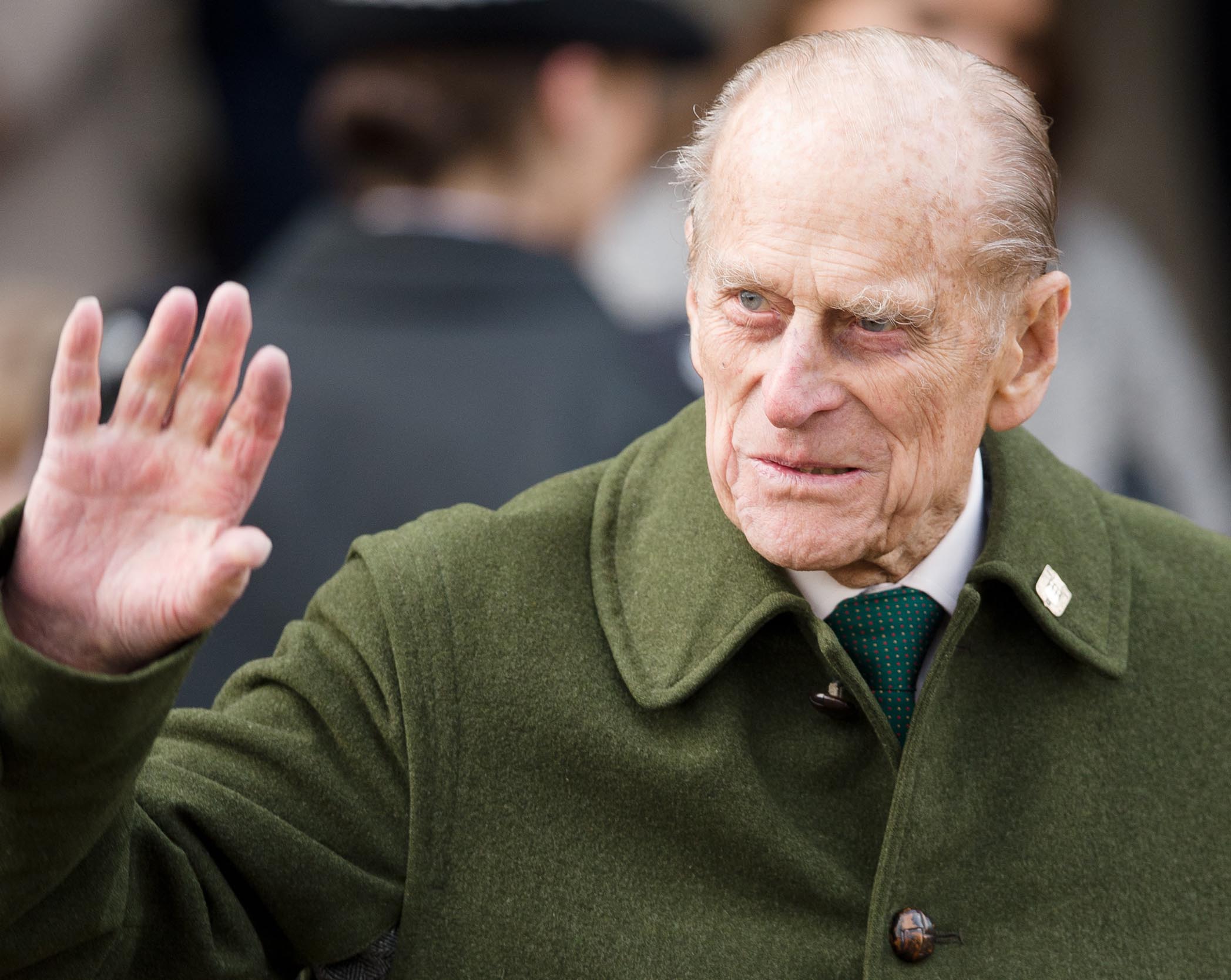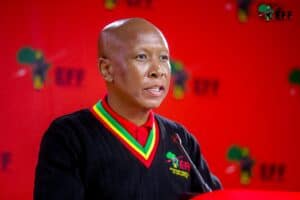Boris Johnson said the Duke of Edinburgh 'earned the affection of generations' in the Commonwealth and across the world after serving in the Royal Navy.

British Prime Minister Boris Johnson on Friday expressed the nation’s condolences to Queen Elizabeth II on the death of her husband Prince Philip, acclaiming his “extraordinary life and work”.
Johnson said the Duke of Edinburgh “earned the affection of generations” at home, in the Commonwealth and across the world after serving in the Royal Navy and then over decades as Britain’s longest serving royal consort.
ALSO READ: Prince Philip, Queen Elizabeth’s husband, has died
“We give thanks, as a nation and a kingdom, for the extraordinary life and work of Prince Philip, Duke of Edinburgh,” the prime minister said outside 10 Downing Street.
Ramaphosa hails ‘remarkable public figure’
President Cyril Ramaphosa also expressed his “deep condolences” to Her Majesty, Queen Elizabeth II of the United Kingdom.
“South Africa’s thoughts and prayers are with Her Majesty, the Royal Family, the government and people of the United Kingdom as they mourn their loss.
“Prince Philip was a remarkable public figure who lived an extraordinary life and who will be fondly remembered by many people around the world.”
Germany hails Prince Philip’s ‘long life of service’
Germany mourned the death of Prince Philip on Friday, calling him a loyal servant to the United Kingdom, foreign minister Heiko Maas said.
“We are deeply saddened by the loss of His Royal Highness Prince Philip. Our thoughts and prayers go out to the Royal family, the people of the Commonwealth, and all who loved him dearly,” Maas tweeted.
“He lived a long life of service to his country.”
Australian PM says Prince Philip ’embodied a generation’
Prime Minister Scott Morrison ordered flags to be flown at half-mast in Australia to honour the passing Friday of Prince Philip, who he said “embodied a generation that we will never see again”.
“The Commonwealth family joins together in sorrow and thanksgiving for the loss and life of Prince Philip. God bless from all here in Australia,” he said in a statement.
Union Jack at half-mast over Buckingham Palace in tribute to Prince Philip
Union Jack at half-mast over Buckingham Palace in tribute to Prince Philip.
Here are 10 things named after Queen Elizabeth II’s husband Prince Philip, the Duke of Edinburgh:
– Prince Philip Movement –
The duke is revered as a god by some residents in the South Pacific nation of Vanuatu.
The movement is the religious sect followed by the Kastom people around Yaohnanen village on Tanna island.
A myth told how a spirit left a nearby mountain, flew to a distant land and married a queen.
The cult grew with Prince Philip’s visit to Vanuatu in 1974 when he appeared in his white navy uniform.
The duke has sent the villagers three official portraits over the years, including one of him posing with a nal-nal war club they sent him.
– The Duke of Edinburgh’s Award –
Founded in 1956, the youth achievement awards, designed to develop self-reliance and service skills, are based on the philosophy of Kurt Hahn, who founded the Gordonstoun boarding school Prince Philip attended in Scotland.
The achievements in volunteering, physical challenges, skills and expeditions are measured at bronze, silver and gold level — the highest of which takes 12 to 18 months to complete.
By 2019, more than six million people had taken part in Britain, and a further two million in 143 other countries.
– Prince Philip Medal –
Founded in 1989, the gold medal is awarded every two years to an engineer of any nationality who has made an exceptional contribution to engineering as a whole through practice, management or education.
Recipients include Frank Whittle, who invented the turbojet engine; Charles K. Kao, who pioneered the use of fibre optics in telecommunications; and McLaren Formula One founder Ron Dennis.
– Prince Philip Glacier –
In Antarctica’s Ross Dependency, claimed by New Zealand, the glacier flows south for about 20 nautical miles between the Cobham and Holyoake ranges into the Nimrod Glacier.
It was named in 1966.
– 7th Duke of Edinburgh’s Own Gurkha Rifles –
Dating back to 1902 and having served in World War II and the Malayan Emergency, the British regiment of Nepalese soldiers was restyled after Prince Philip in 1959.
It served in the Brunei Revolt in 1962 and the Borneo Confrontation in the same decade.
Rotating between Britain, Brunei and Hong Kong, the regiment also fought in the 1982 Falklands War.
Fear of facing the Gurkhas played a part in the conflict’s final Argentine capitulation. It merged with three other Gurkha regiments in 1994.
– Prince Philip Designers Prize –
The longest-running design award in Britain started in 1959. It recognises a design career which has upheld the highest standards and broken new ground.
Winners include bagless vacuum cleaner inventor James Dyson; designer and restaurateur Terence Conran; architect Norman Foster; folding bicycle inventor Andrew Ritchie; and illustrator Quentin Blake.
– Duke of Edinburgh Stakes –
The flat handicap horse race, open to horses aged three and over, is run at Ascot in June over a distance of 2,406 metres. It was named after Prince Philip in 1999.
– Prince Philip Dental Hospital –
Opened by the duke in 1981, the dental teaching hospital houses the University of Hong Kong’s dentistry faculty, which was named the world’s best dental school in the 2016 QS World University Rankings.
Two out of three dentists in Hong Kong trained at or graduated from the unit.
– Duke of Edinburgh’s Royal Regiment –
The British army infantry regiment was drawn from the counties of Berkshire and Wiltshire in southern England. Formed in 1959, the prince was its colonel-in-chief.
Its soldiers served in Northern Ireland, Hong Kong and in West Berlin, where its duties involved guarding Rudolf Hess, the last remaining inmate at Spandau Prison.
It merged with another regiment in 1994.
– Prince Philip’s Steps –
An exceptionally steep path on Genovesa Island in the Galapagos Islands, it was named for the duke, who visited in 1965 and 1981.
The path from the dinghy landing goes through a seabird colony full of Nazca and Red-footed Boobies.
The trail goes up to a plateau where visitors can look over a rocky lava plain. A small colony of fur seals hangs around near the landing site.
By: Robin Millard/AFP
Additional reporting by Neo Thale






